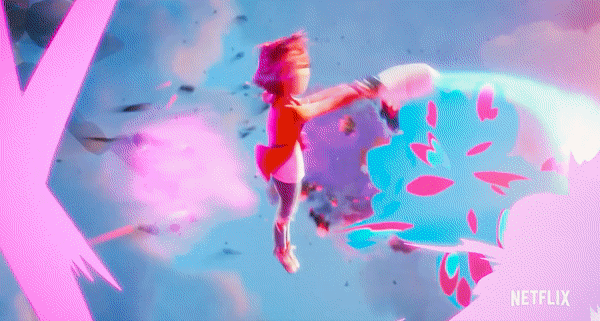Taylor Swift’s super power has always been her ability to create connections. Starting from when she was a teenager in the 2000s, she put tremendous effort into her lyrics and crafting word puzzles and hidden messages in the liner notes for fans. Then with the birth of social media and Youtube, she harnessed the power of those platforms to allow fans to have a window into her life, making us feel like we were her friends. She was the exact right age to both understand and leverage social media, something she remains adept at in our current moment. Few artists and public figures have been as intuitive with internet tools as Taylor. She has somehow always known how to best engage with each platform in ways that build para-social bonds. From direct engagement with fan posts, to tapping into internet trends, to her own posts and sharing, she has made fans feel like we are a community and that she cares about us.
Now we’re in the era of Taylor Versions. Taylor has been a long-time advocate for artists being fairly compensated for their work, and was public about her desire to own the masters of her first 6 albums with Big Machine Records. When they were sold out from under her, to a specific person that she had long had personal issues with, she hit a breaking point. To walk away from her original masters was a painful sacrifice for her, but she resolved to re-record her first 6 albums with her new record label which would allow her to own those new versions of her songs. Taylor’s Versions.
Some artists have tried this before and have largely been unsuccessful. Fans have bonds with original records, they’re often not motivated to go buy a new copy of the same songs, at the end of the day we’re all creatures of habit. So everyone knew this was a big gamble with a low likelihood of success. All signs pointed to the public assuming she was being dramatic and just making a money-grab, and this risk turning out to be a failure. But as we know, Taylor’s Versions have been wildly, unpredictably successful. How could old albums that most fans already owned turn into such a cultural phenomenon?

This is where people again underestimate the power of connection. This is something that happens to women all the time, from our relationships to our workplaces. Our ability to create connections and teams is undervalued in favor of “hard skills.” Making people feel close to us and to each other is not seen as a “professional” offering. But Taylor has made that “soft skill” into big business, proving that emotional intelligence, empathy and compassion are crucial to professional success.
And it’s this soft skill that is why we all rushed to stream every TV album, faithfully avoiding her un-owned originals like the plague. It’s what made us cry when we saw (Taylor’s Version) beside each beloved song. And it’s what makes us so emotional when we listen to her mature voice singing songs that she wrote and performed as a much younger woman. It’s more than simple nostalgia, it’s reflection and collectively marking the passage of time.
Because Taylor is so good at infusing everything she does with personal connection, we all felt attached to those songs when they first came out. Every fan has stories about what each album and different tracks meant to us at the time. The way it reflected something we were also going through, and is strongly associated with a particular season of our lives. And so Taylor is not the only one revisiting those former emotions and seasons. We all are. Listening to those songs again takes us back to those past moments. And hearing them in her older voice reminds us that we are older now too. We’re not in the same place we once were. No person or life is truly static, we’re all evolving and passing through our own distinct eras as the years go by. Hopefully we take time to reflect on changing seasons, but it’s unique to have such a clear catalyst for looking back and taking stock of how far we’ve come.
Hearing her sing “Fifteen” allowed us to remember our teenage years with the benefit of distance and time. Thinking about how much she’s weathered and how many challenges she battled gave us the room to pause and consider where that’s also been true in our lives. Listening through Red TV illuminates the places we have invested deeply, been carefree, deeply hurt, and had to begin again. And watching Taylor sing Dear John reinforces our own resilience and the ways we have endured toxicity and inequality and are still here. It all makes us emotional because Taylor has normalized having emotions and feeling things strongly, and telling the truth about the complexity of life for women. Taylor’s Versions have opened up a profound shared experience of looking back, marking our progress, and looking forward to what is yet to come.
Which is the final takeaway for what resonates so much with each TV album. Because we know her life and everything she has experienced over the years, we know that so many of her songs are truer than ever. We know that she was continuously mocked and undervalued, and she kept telling the truth and kept fighting for a genuine artistic expression. And now she’s doing better than she ever was. We too have been mocked and have felt personally the sting of patriarchy dismissing our stories and emotions as illegitimate. When we hear those older songs being sung in today’s voice, we believe it can all be worth it in our lives as well. We can keep telling the truth and keep hoping in the midst of disparagement and heartbreak. We can keep moving mountains and fighting dragons because we do it together. That’s why we’ll keep having the time of our lives…with her.



























